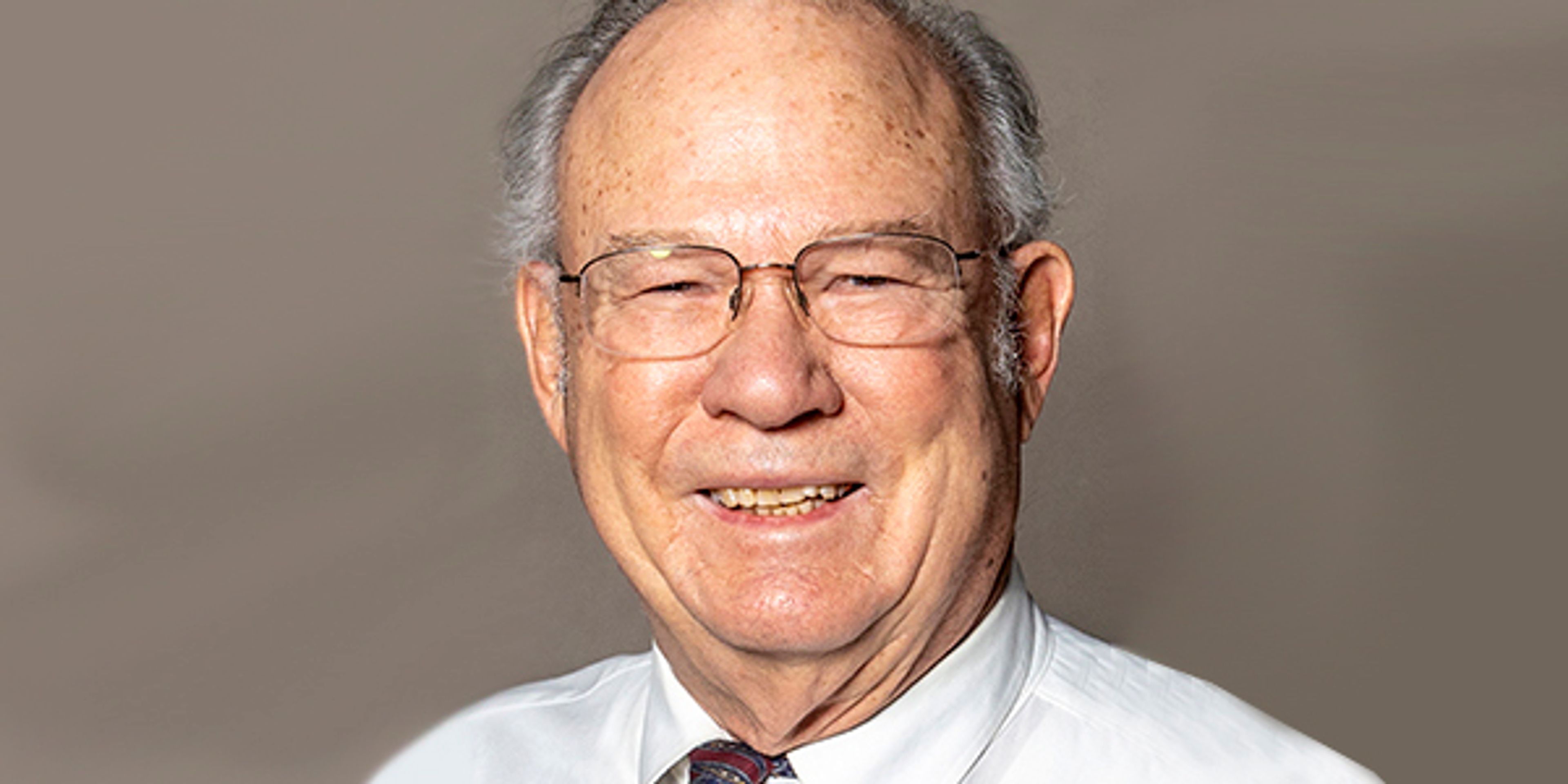Burdens to bear
First of all, I think that the election this year had most people’s emotions running high.
I may be overreacting but I was offended recently when I went to register a car for my incarcerated son. I felt that I was being judged by the employee who was assisting me for helping my son. After explaining the situation, she said that she will always help her kids as long as they are headed in the right direction. I felt like she was disapproving of my decision to help my son and she even said that maybe I should let him deal with his situation. She even went so far as to ask me if I paid for the car myself and I told her no, he had paid for it.
What business is it of hers to inquire about that and to tell me how she treats her own children? I left thinking that some people just need to stop judging others who don’t fit their own criteria and that they have no right to make assumptions based solely on their own beliefs.
We all have burdens to bear and we don’t know what those may look like for strangers that we meet. Can’t we all just be more Christlike with our fellow human beings?
Debby Dahlberg
Lewiston
Working for the job
Being in debt for a home or a car or a business has one big disadvantage. It can make you compromise your principles to keep the job that earns you enough to make the payments.
You are working for that job more than eight hours a day, because you have to watch what you say 24/7.
I know some very educated men who take no stand on the environment, nor overpopulation. Why? They don’t want to offend a possible donor of a new building at some university. The economy means more to them than the earth and its atmosphere.
“Enough” is not a word very many Americans understand. Just look at the dumpsters and trash cans on pickup day. They are overflowing with cardboard boxes (not recycled). Look at the mothers shopping with four, five or six kids in tow. They say Jesus will provide for them.
I have noticed that the grander the home, the less time the family spends in it. They must work to make payments for the property, the insurance to protect the banker, and the upkeep to maintain the value; and then, the family must socialize appropriately to fit in.
There are those who are never bored, enjoy life, help the environment, have no debts and live on less than $25,000 annually, with no government perks.
Nancy C. Parry
Moscow






